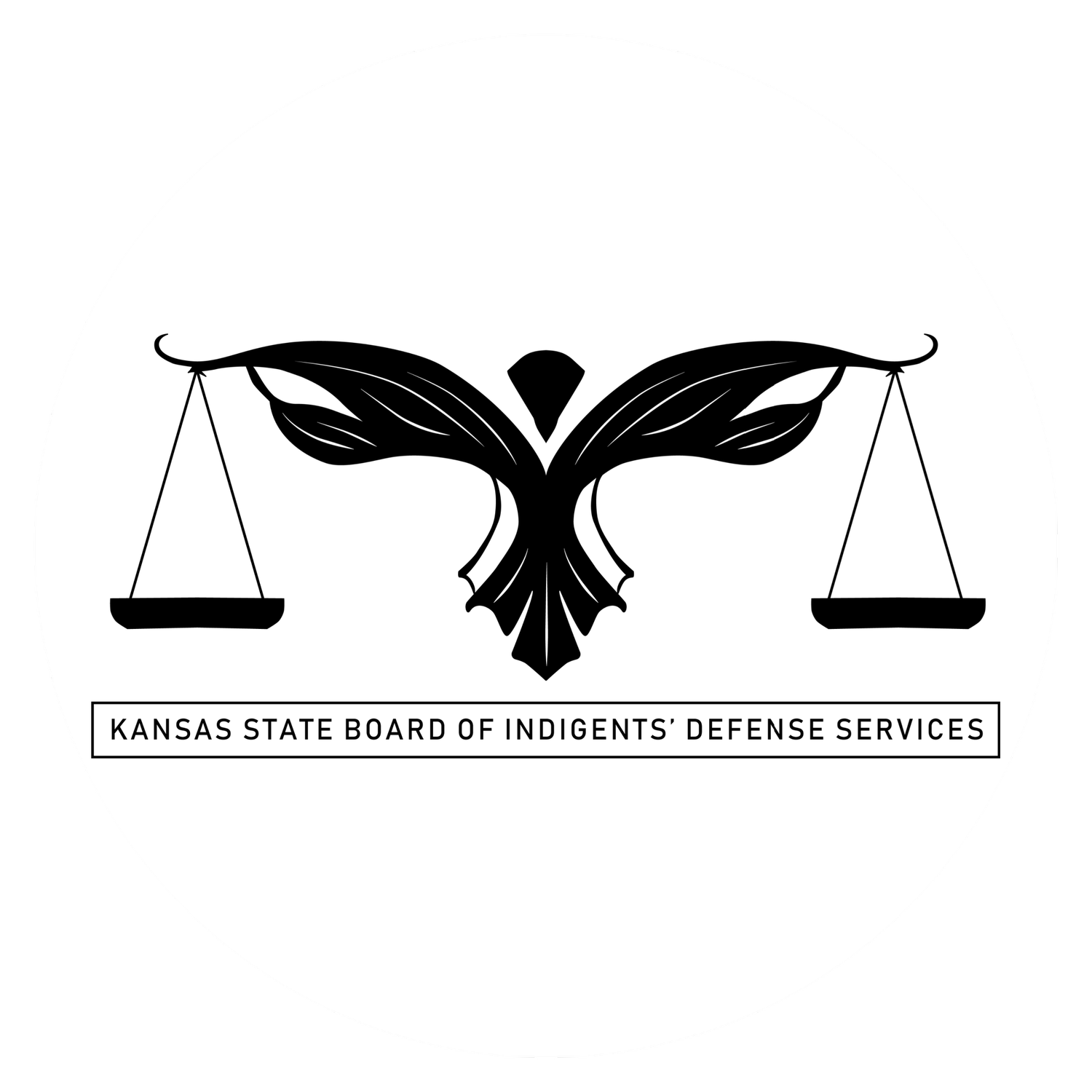How Poverty Can Impact Our Clients’ Ability to Choose Right From Wrong
by Mark Hartman
Two weeks ago, I attended the Johnson County Bar Association’s annual meeting. Among other things, the meeting is a chance for members of the bar to recognize those who have made special contributions to the law in various different ways. Arguably the most prestigious award given each year is the Justinian Award for Lifetime Achievement and Professional Excellence, an honor given this year to retiring Chief Magistrate Judge James P. O’Hara of the United States District Court for the District of Kansas.
Taking the lectern to say a few words, Judge O’Hara began, stating, “While I’m endlessly appreciative for this honor, I also note that to whatever degree I had a positive influence on the law or on those engaged in the legal field, I can assure you it had much more to do with the situations life afforded me rather than anything I may have achieved on my own accord.” [1]
It’s an argument all of us criminal defense lawyers have advanced at some point on behalf of our clients, i.e., that the situation one is born into – even if not outcome determinative – unquestionably plays an outsized role in one’s trajectory. Here, Judge O’Hara invoked this maxim not as an excuse for poor behavior, but rather as a showing of humility that his own successes were more testaments to those who came before him than having to do much with anything Judge O’Hara did on his own.
Excuses or modesty aside, replicated studies by people way smarter than me have shown that by the age of five, a child’s parents’ socioeconomic status is a predictor of how high that child’s stress hormone levels in their bloodstream will be simply when resting. [2] “So why does that matter, Mark?”
Well, it matters because high stress hormone levels inhibit the development of a child’s frontal cortex in their brain [3], the single-most critical part of the nervous system when it comes to doing the right thing when the right thing is the harder thing to do. Put another way, science shows us that by age five, kids born into poorer families are paying a biological price for their parents’ socioeconomic status that is going to make doing the right thing more difficult when it’s the harder thing to do.
The discovery that factors completely outside of one’s control nonetheless play such an outsized role in who we become is simultaneously a relief (“whoa, maybe I should be slower to judge that guy who did that awful thing”) and truly an existential threat (“can life have meaning if I’m not actually a free agent completely in control of my own destiny?”). That’s maybe a conversation for another day, but what is undeniable for me is that the more I learn about the biology underpinning human behavior, the more I’ve been able to show clients the grace they have deserved from me from the day I met them.
To learn more, Mark recommends the following books and podcasts:
Robert Sapolsky talks to Vox about the intersection of poverty and stress
Dr. Nadine Burke Harris speaks with Ezra Klein about childhood trauma
Notes:
This is not a verbatim quote, but is my best effort to be as close to what Judge O’Hara actually said in this moment.
See, e.g. Lupien SJ, King S, Meaney MJ, McEwen BS. Child's stress hormone levels correlate with mother's socioeconomic status and depressive state. Biol Psychiatry. 2000 Nov 15;48; see also Yannan Zhu, Xu Chen, Hui Zhao, Menglu Chen, Yanqiu Tian, Chao Liu, Zhuo Rachel Han, Xiuyun Lin, Jiang Qiu, Gui Xue, Hua Shu, Shaozheng Qin, Socioeconomic status disparities affect children’s anxiety and stress-sensitive cortisol awakening response through parental anxiety, Psychoneuroendocrinology, Volume 103, 2019, Pages 96-103.
A study of ten-year-old students in Montreal found that by age ten, students from poorer homes had twice the level of circulating glucocorticoids, critical stress markers in the brain; see Lupien SJ, King S, Meaney MJ, McEwen BS. Can poverty get under your skin? basal cortisol levels and cognitive function in children from low and high socioeconomic status. Dev Psychopathol. 2001 Summer;13(3):653-76.
[Mark Hartman is currently an attorney with Bath & Edmonds, in Leawood, Kansas. He was formerly a Sedgwick County Public Defender, and the Chief Public Defender of the Western Regional Public Defender Office.]

